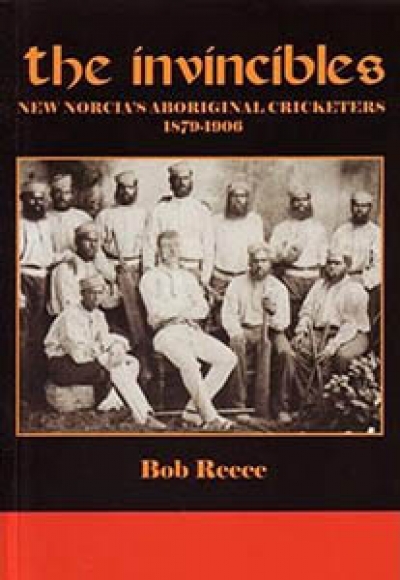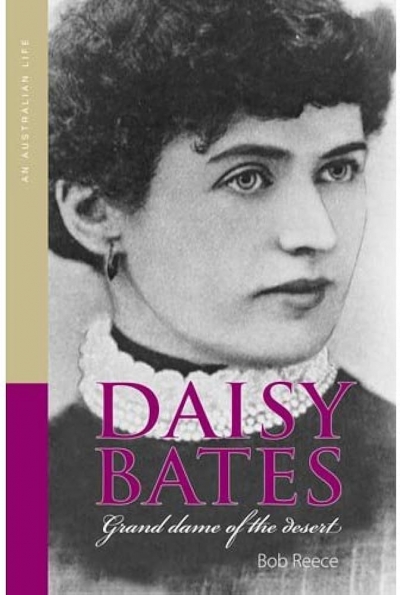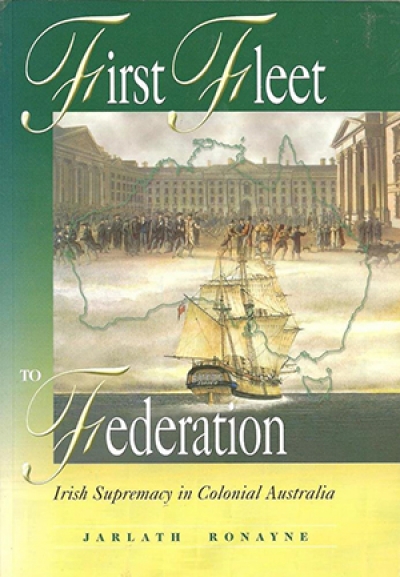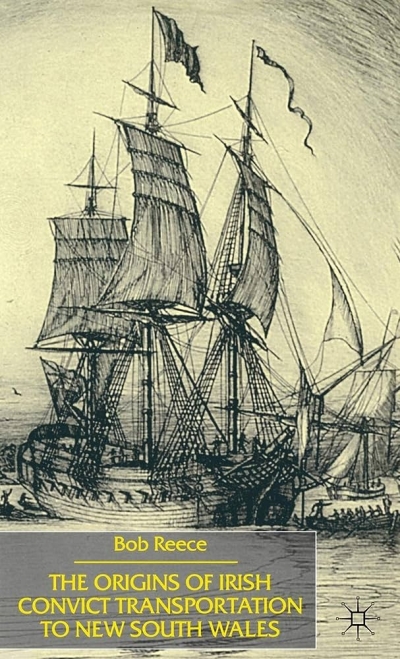Bob Reece
Fremantle’s first real newspaper, The Herald, saw the light of day in a building on the corner of Cliff and High Streets on Saturday, 2 February 1867. The brainchild of two ex-convicts, James Pearce and William Beresford, it soon became the main voice of opposition to colonial autocracy, as well as the voice of Fremantle itself.
... (read more)First Fleet to Federation: Irish supremacy in colonial Australia by Jarlath Ronayne
by Bob Reece •
The Origins of Irish Convict Transportation to New South Wales by Bob Reece
by Alan Atkinson •
Why do we read what we read? Bookshelves groan with biography, travel, social theory far left corner, cultural studies creeping up the front, Baudrillard in the back door and out the front. Some people’s books get featured in the weekend papers, others go straight into the back of the car and the second-hand shops. Love, sweat and tears … what’s it all for?
... (read more)




